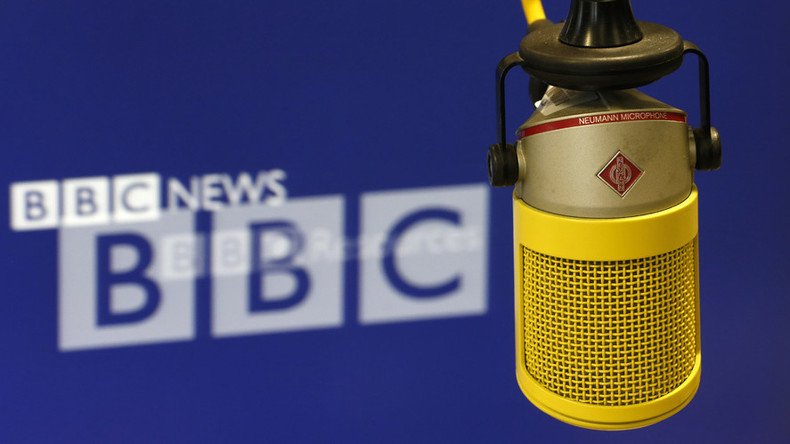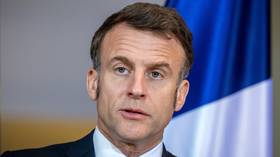BBC Trust abolished as Tories seek more control over broadcaster in major shakeup

The BBC, Britain’s state broadcaster, will undergo a massive Tory shakeup, which will see its governing Trust disbanded and replaced with a ‘unitary board of governors,’ at least half of which will be government-appointed.
The overhaul will make the BBC more “accountable to its listeners,” Culture Secretary John Whittingdale said in a statement.
However, Shadow Culture Secretary Maria Eagle said the reforms could be seen as a way of exerting government control over the broadcaster.
The BBC’s new charter will create a unitary board of 12-14 members, at least half of which will be appointed by the BBC. The remaining board members, however, will appointed by the government.
“For the first time, the BBC can appoint a majority of its board independent of government,” said Whittingdale.
He also announced state-run regulator Ofcom will be appointed as the broadcaster’s external regulator.
Labour MP Eagle accused Whittingdale of being “hostile” to the BBC.
“The government is seeking to unduly influence the output and editorial decisions of the BBC,” she told Parliament.
‘Privatise biased BBC before it becomes irrelevant’ – think tank https://t.co/gw9Hz2dTuGpic.twitter.com/bxj4ex39iC
— RT UK (@RTUKnews) April 28, 2016
Other Tory reforms include making the broadcaster publish the names of its stars who earn more than £450,000 (US$650,000) “in broad bands.”
The government will also “close the iPlayer loophole” by forcing those who watch BBC programs online to pay the license fee.
In a move which some are likely to see as the creeping privatization of the broadcaster, the BBC will be required to allow independent television producers to bid to make 100 percent of its non-news output. The current figure is 50 percent.













